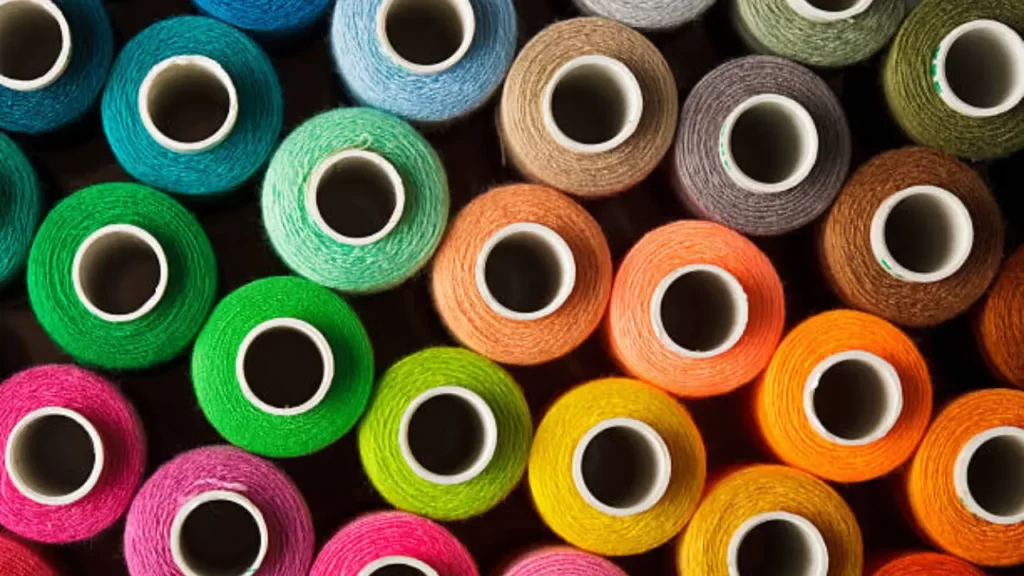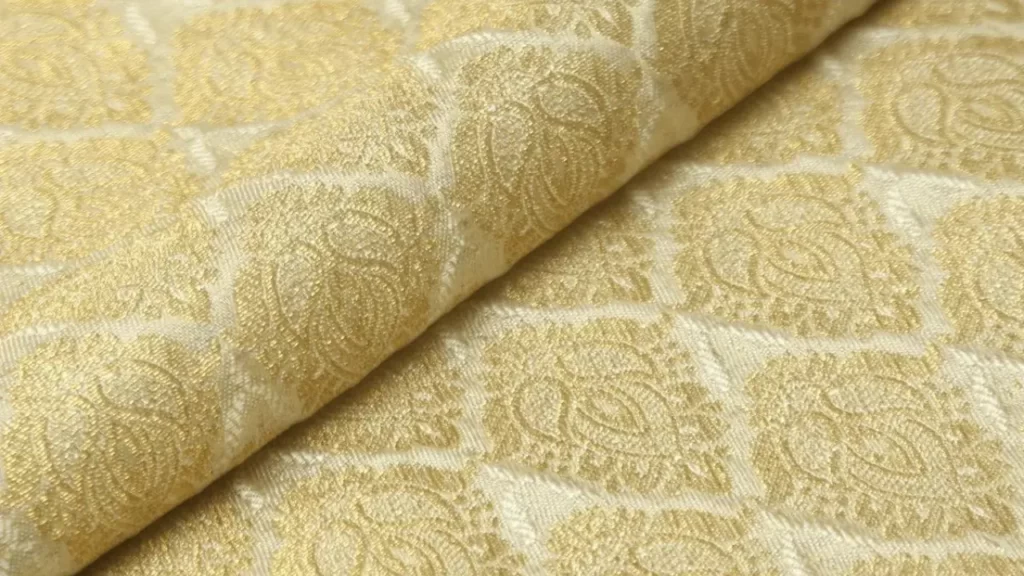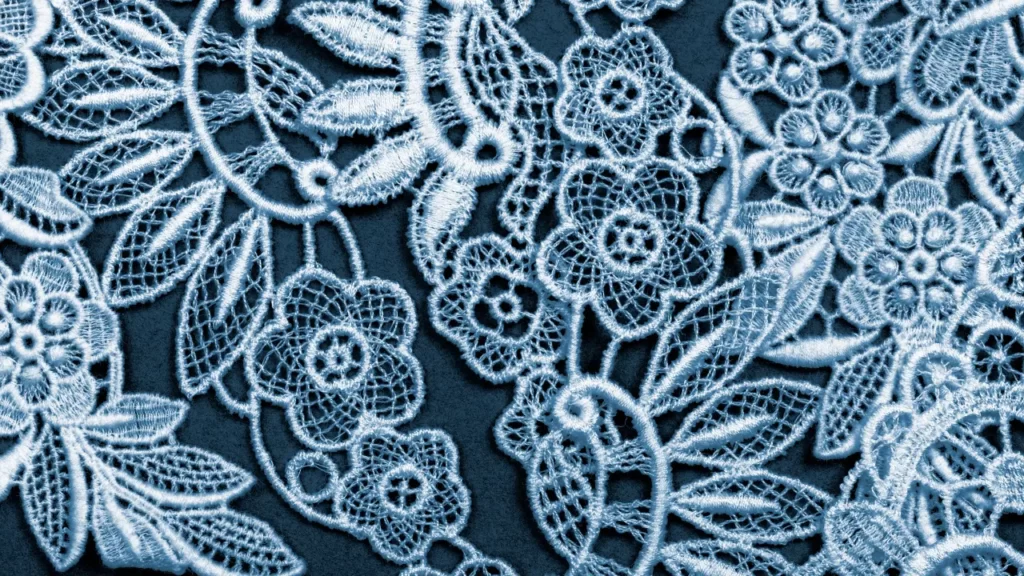Thread – a fundamental material for crafting, sewing, embroidery, or textile production. Its influence extends beyond mere day-to-day use, reaching the core of Pakistan’s domestic economy and having substantial impacts on the nation’s textile industry. This article provides a comprehensive analysis of the thread price in Pakistan, exploring different types of threads available in the market and the factors affecting these prices.
An Insight Into Thread
Contents
Before diving into the details of pricing, it’s important to understand what thread is and why it’s vital. Thread, in its essence, is a long, thin strand of cotton, nylon, or other fibers used in sewing or weaving. Its quality, type, and pricing play a crucial role in the final product’s appearance and durability, whether it’s a piece of clothing, an embroidered artwork, or a handcrafted item.
Factors Affecting Thread Price
Several factors determine the thread price in Pakistan, and understanding them is crucial to comprehend market dynamics.
- Raw Material Cost: The raw materials used in the threads are the main price determinants. For instance, cotton threads, polyester threads, silk threads, and nylon threads each have different costs based on the price of their raw materials.
- Manufacturing and Labor Costs: The complexity of the manufacturing process, the technology involved, and the labor costs contribute to the production costs, thereby influencing the thread’s price.
- Supply and Demand: As with any product, the laws of supply and demand apply. High demand for certain types of threads could drive up their prices, especially in situations of limited supply.
- Import and Export Regulations: Tariffs, duties, or trade restrictions can significantly impact the final retail price of threads in the market.
- Inflation: The general level of prices in the economy can also influence the thread price in Pakistan.
Types of Threads and Their Prices
Threads come in various types, each with its unique purposes and pricing. Here’s a table outlining the average prices of the most commonly used threads in Pakistan:
Last Updated on Aug 1, 2023. We want to make sure you have the most up-to-date information on prices.
| Thread Type | Average Price (PKR) per 1000m Spool |
|---|---|
| Cotton | 250-300 |
| Polyester | 200-250 |
| Silk | 400-450 |
| Nylon | 150-200 |
Note: These are estimated prices as of Aug 1, 2023, and actual prices may vary.
Trends in the Pakistani Thread Market
The Pakistani thread market has witnessed a variety of trends over time. The global shift towards sustainable and eco-friendly practices has created an increasing demand for organic and fair-trade threads.
There is also a growing trend towards specialty threads such as metallic, variegated, and invisible threads. The rising popularity of home crafts and DIY projects has seen a surge in demand for craft threads, sold in smaller quantities and a wide variety of colors.
Impacts on the Economy
The thread industry is a crucial pillar of Pakistan’s economy, given its vast applications from clothing to craftworks. A rise in thread prices can influence production costs in the textile industry, potentially affecting export competitiveness. Consumers, small businesses, and artisans also feel the direct impacts of price fluctuations in their daily lives and operational costs.
Conclusion
The dynamics of thread price in Pakistan provide insights for manufacturers, textile designers, craft enthusiasts, and ordinary consumers. By understanding the influencing factors, one can navigate the market more effectively and make informed decisions.
The market continues to evolve, and staying informed is key. Beyond its economic significance, remember that thread is the fabric that weaves together the rich tapestry of Pakistan’s textile industry. Its value lies not just in its price but in the culture, creativity, and livelihoods it supports.



